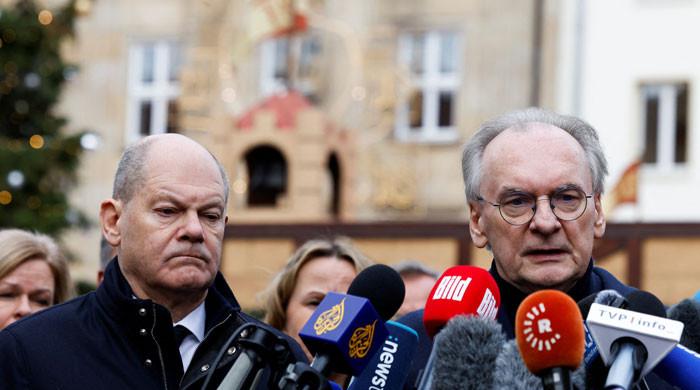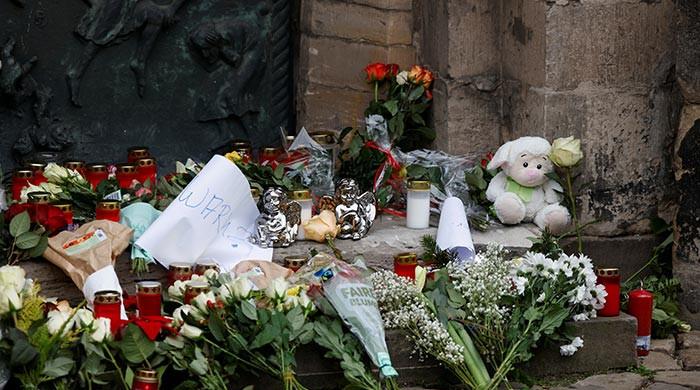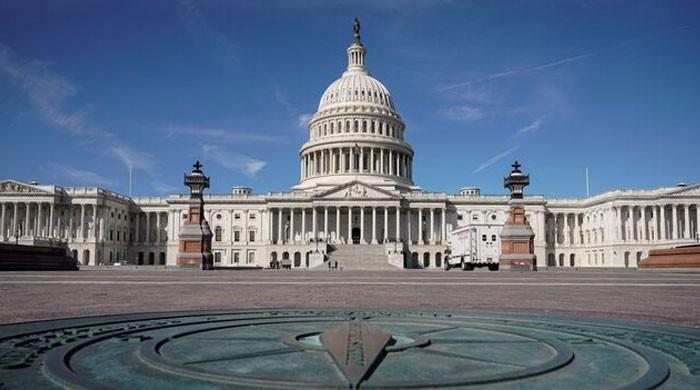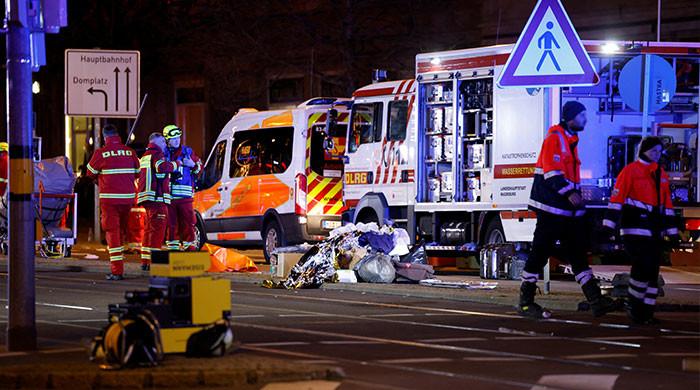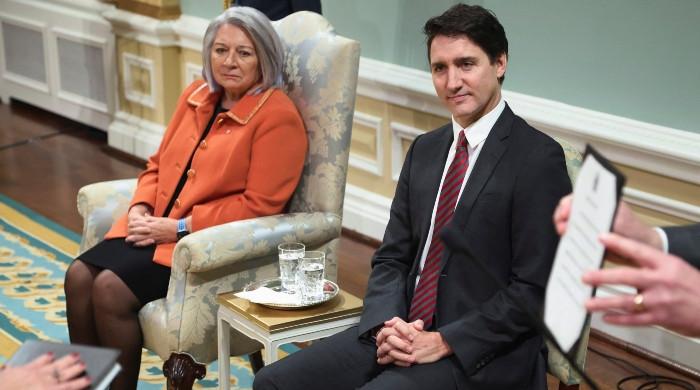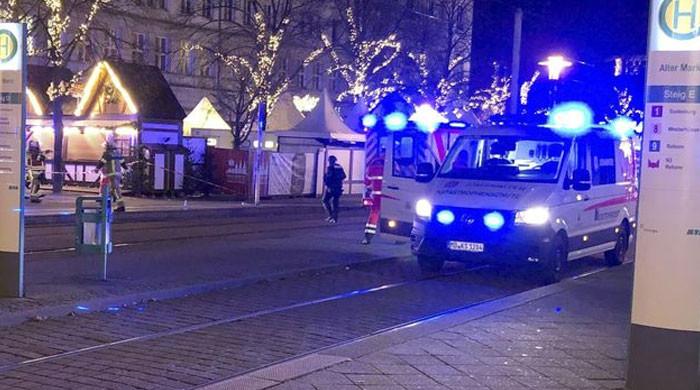Iraq forces retake Fallujah government HQ: commanders
BAGHDAD: Iraqi forces retook the main government compound in Fallujah on Friday, top commanders said, a breakthrough in the nearly four-week-old offensive against the Islamic State...
June 17, 2016
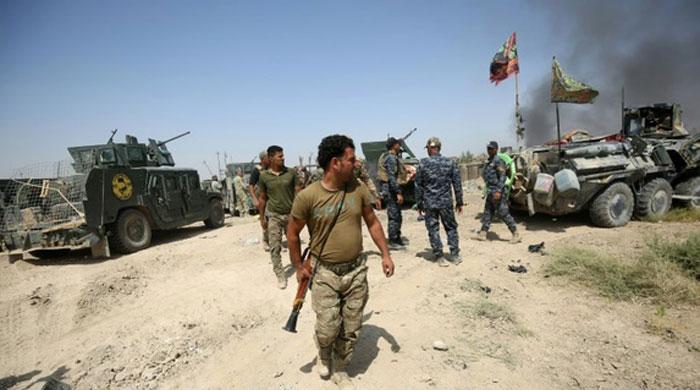
BAGHDAD: Iraqi forces retook the main government compound in Fallujah on Friday, top commanders said, a breakthrough in the nearly four-week-old offensive against the Islamic State group's bastion.
The elite federal forces met limited resistance from IS fighters, who are redeploying on the western outskirts of the city, the commanders told AFP.
"The counter-terrorism service and the rapid response forces have retaken the government compound in the centre of Fallujah," the operation's overall commander, Lieutenant General Abdulwahab al-Saadi, told AFP.
Raed Shaker Jawdat, Iraq's federal police chief, confirmed the advance.
"The liberation of the government compound, which is the main landmark in the city, symbolises the restoration of the state's authority" in Fallujah, he said.
The government lost control of Fallujah in 2014, months before IS took second city Mosul and swept across large parts of the country.
Fallujah, which lies just 50 kilometres (30 miles) west of Baghdad, is one of IS´s most emblematic strongholds and its loss would leave Mosul as the only major Iraqi city under its control.
In the hours running up to the latest push into the heart of Fallujah, Iraqi forces retook several neighbourhoods in the south and east, giving them control over close to 50 percent of the city.
"This operation was done with little resistance from Daesh," Saadi said, using an Arabic acronym for IS.
"There is a mass flight of Daesh to the west that explains this lack of resistance. There are only pockets of them left and we are hunting them down."
Security officials said many IS members had managed to slip out of the city by blending in with fleeing civilians in recent days, in some cases paying off security forces.
"The top leaders are mostly gone and those left behind to defend the city are not their best fighters, which explains their performance," said a security officer speaking on condition of anonymity.
Tens of thousands of civilians have been forced from their homes since the start of the operation last month.
Aid groups overwhelmed
The first to escape IS rule were those living in rural outlying areas, in the early phase of the operation which saw a myriad different Iraqi forces seal the siege of the city.
Residents of the city centre had been trapped in dire conditions for days but recent advances have allowed large numbers to escape.
The Norwegian Refugee Council, which runs camps for the displaced near Fallujah, said the sudden influx meant relief was drying up fast.
"Thousands of civilians from Fallujah are right now heading towards displacement camps in a dramatic development that is overwhelming emergency aid provision and services," it said.
With IS on the retreat in the city, a window has opened for civilians to leave but the journey remains dangerous, with several cases of fleeing civilians killed or wounded by the explosion of roadside bombs.
There were an estimated 50,000 people in the city when the operation was launched but it is unclear how many remain now.
Civilians have been used as human shields by IS and those who managed to flee face the risk of sectarian-motivated abuse by elements of the pro-government forces.
Fallujah is a Sunni Muslim city and the involvement of Shiite militia groups in the operation had raised fears of sectarian revenge attacks.
Several men who eventually reached displacement camps outside of Fallujah after being screened by Iraqi forces spoke of cases of torture and killing at the hands of militia groups.
They said some paramilitary forces openly told the local men they held of their desire to avenge the victims of the Speicher massacre, which saw IS and allied local gunmen execute up to 1,700 mostly Shiite recruits near Tikrit two years ago.






